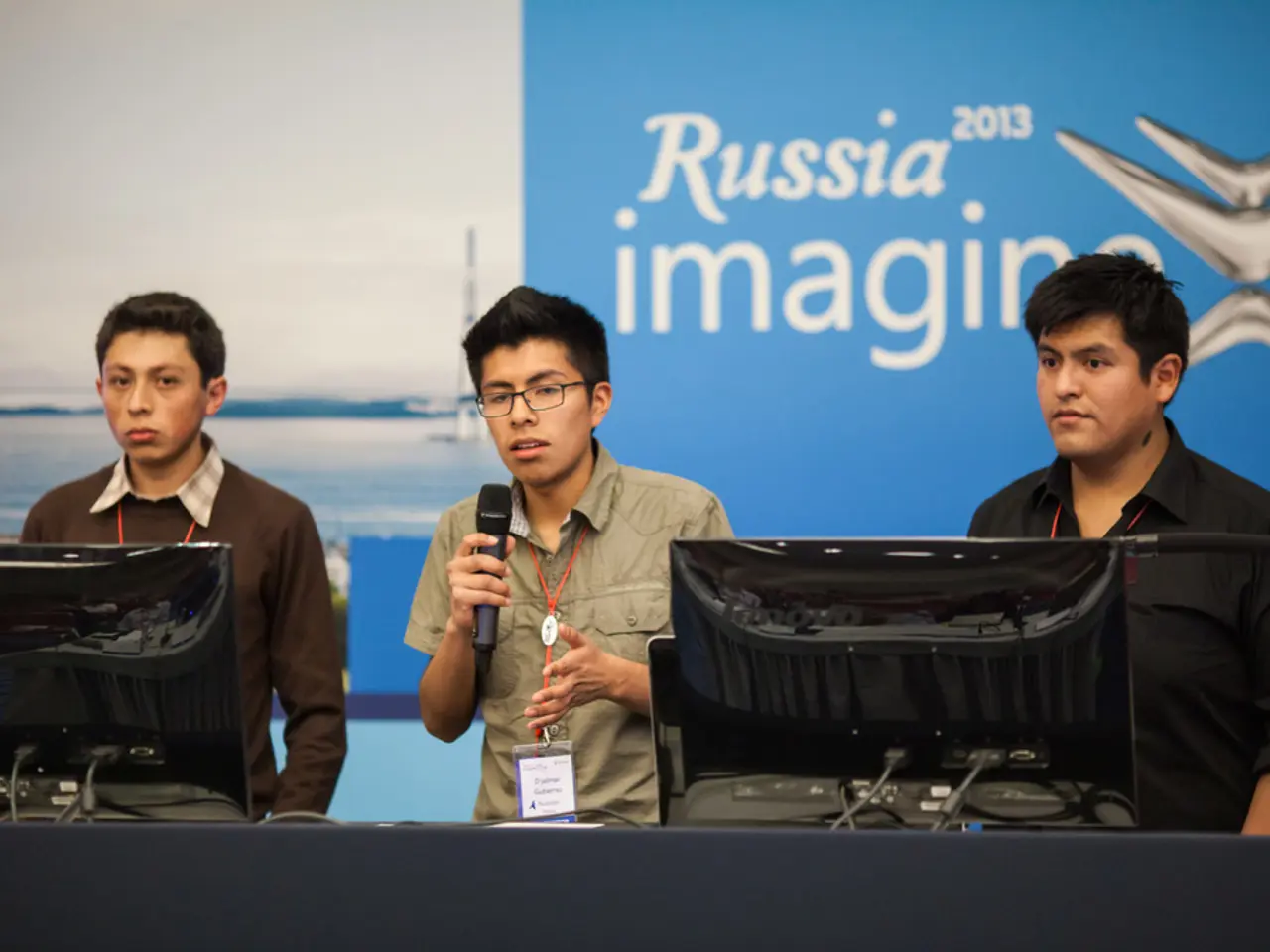The International Telecommunication Union Estimates a Required Investment of $2.8 Trillion to Attain Global Internet Access by 2030
A new report has been released by the International Telecommunication Union (ITU) and the Communications, Space & Technology Commission of the Kingdom of Saudi Arabia, outlining strategies and investments needed to achieve universal, meaningful Internet connectivity by 2030.
The report, which builds on ITU's original 2020 Connecting Humanity study, highlights the challenge of connecting the estimated one-third of humanity currently offline. The International Telecommunication Union estimates that 2.6 billion people are still excluded from the digital world.
Investments in digital skills are necessary, with an estimated cost of USD 152 billion to fund large-scale digital literacy initiatives. The funding will not only cover hard infrastructure but also human and institutional capacity, primarily in developing countries.
The largest investment component for achieving universal Internet connectivity is hard infrastructure, requiring USD 1.5 trillion to USD 1.7 trillion. Expanding broadband networks to underserved populations represents the single largest cost.
Reducing the cost of smartphones and broadband services is vital, with an estimated cost of USD 983 billion. Developing countries in the Global South, including African nations coordinated through the African Space Agency, and countries like Vietnam, are targeted for international cooperation, joint investments, and exchange of expertise to ensure meaningful internet access for all.
The report also recommends modernizing regulations and creating predictable policy environments worldwide, with an estimated cost of USD 600 million. It suggests using schools as gateways to Internet access, investing in energy infrastructure in Africa, and enhancing data collection at the sub-national level to accelerate digital inclusion worldwide.
Achieving universal, meaningful Internet connectivity by 2030 could require an investment of USD 2.6 trillion to USD 2.8 trillion at current prices. This is nearly five times higher than the last assessment conducted in 2020.
Doreen Bogdan-Martin, Secretary-General of ITU, stated that these investments will contribute to a prosperous digital future for all. Connectivity to the Internet is closely linked to levels of socio-economic development, and the investment in digital connectivity is aimed at creating opportunities for education, jobs, and access to essential services.
In 2024, an estimated 93% of the population in high-income countries were using the Internet, compared to just 27% in low-income countries. The investment in digital connectivity is a step towards bridging this digital divide.
The report calls for innovative business approaches and renewed collaboration between governments, the tech industry, development finance institutions, and civil society to address financing barriers, limited technical expertise, and unreliable infrastructure. This effort involves South-South and triangular cooperation supported by the UN and other international organizations to achieve sustainable development goals by 2030.
Read also:
- Peptide YY (PYY): Exploring its Role in Appetite Suppression, Intestinal Health, and Cognitive Links
- Toddler Health: Rotavirus Signs, Origins, and Potential Complications
- Digestive issues and heart discomfort: Root causes and associated health conditions
- House Infernos: Deadly Hazards Surpassing the Flames








